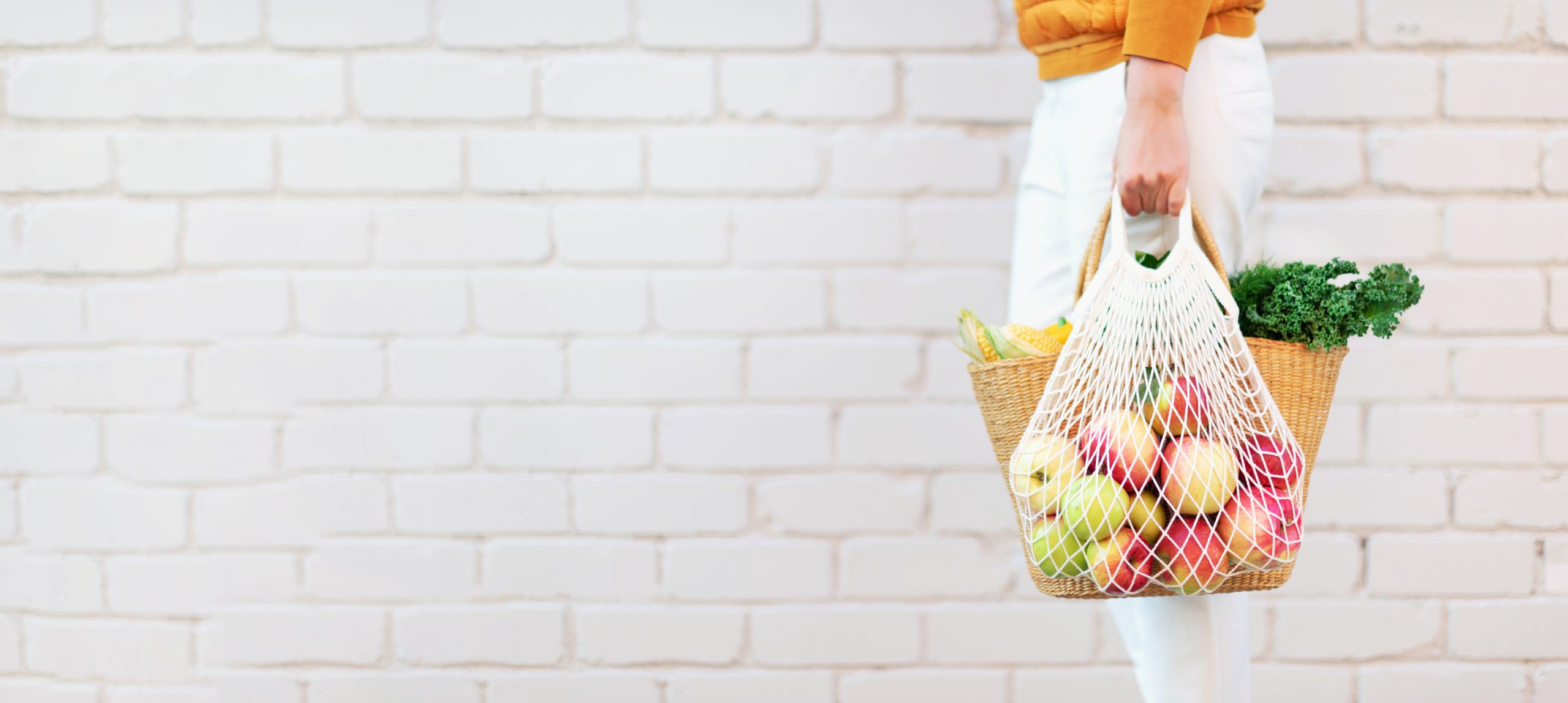3 Easy Steps To Become a More Conscious Consumer

Convenience is often the downfall of our decisions. It is far easier to buy that unhealthy take-out from the drive-thru than prepare a healthy meal at home. The same applies to making decisions about our consumption habits.
Every choice we make impacts our planet. Choices that impact animals, plant life, and of course, the dreaded landfills.
We have outlined some simple steps you can take to make yourself more aware of the impact of your choices.
1. Water consumption and wastage
Do you leave the tap running while you brush your teeth? Run a long bath when a quick shower will do? The Day Zero drama that Cape Town experienced not too long ago was one of the most significant impacts on the province. Hotels removed bath plugs from hotel bathrooms, and they placed buckets in the showers to catch water for cleaning and flushing toilets.
Being more aware of how you water your garden at home, planting water-saving plants and shrubbery, and even getting a pool cover to limit evaporation in summer can all significantly impact your household spend and wastage of water.
2. Being a conscious shopper
By doing a little bit of research, you’ll understand what it takes to produce the food we eat. Not only do some plants take an excess of water to grow (take avocado’s for instance), but when we selfishly want to have those Avo’s out of season, we increase the carbon footprint by importing them from seasonal countries.
When we choose to shop local, shop fresh, and shop seasonally, the change is enormous. As creatures of habit, humans like to consume the same thing. So by opening up your world to seasonal foods, spices, and herbs, you can expand your pallet and try new things. Removing your expectation to buy products that are not available or in season will reduce the demand. When we stop buying the products, retailers will stop buying them.
3. Buy second hand and recycled goods
Facebook marketplace, gumtree and other online stores are the best invention for saving on our intense desire to own things. Ideally, we can reduce our consumption by buying less. Alternatively, pop onto the second-hand circuit and find what you are looking for at a fraction of the price.
With the volume of people downsizing and emigrating, finding great products online that are in excellent condition but second-hand is the perfect way to reduce consumption.
In summary, the concept of reduce, reuse and then recycle can come into play with every decision we make. All of these options will reduce our overall impact on the environment. Before you whip out your wallet, first take a moment to ask yourself if you need it, if you can find it closer, cheaper, or second-hand.

